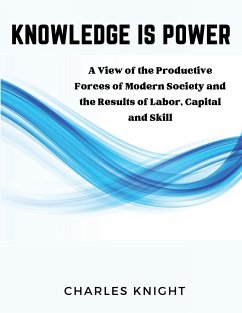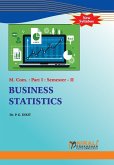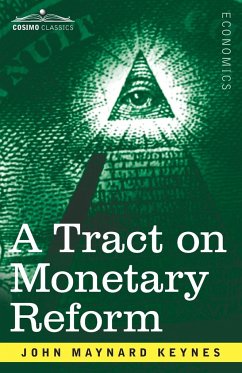It has been wisely said by a French writer who has scattered abroad sound and foolish opinions with a pretty equal hand, that "it requires a great deal of philosophy to observe once what is seen every day." To no branch of human knowledge can this remark be more fitly applied than to that which relates to the commonest things of the world,-namely, the Wants of Man and the Means of satisfying them. Man, it has been maintained, has greater natural wants and fewer natural means than any other animal. That his wants are greater, even in the rudest state of the species, than the wants of any quadruped-to say nothing of animals lower in the scale of being-there can be no doubt. But that his natural means are feebler and fewer we cannot believe; for the exercise of his understanding, in a variety of ways which no brute intelligence can reach, is the greatest of his natural means,-and that power enables him to subdue all things to his use. It is the almost unlimited extent of the wants of man in the social state, and the consequent multiplicity and complexity of his means-both his wants and means proceeding from the range of his mental faculties-which have rendered it so difficult to observe and explain the laws which govern the production, distribution, and consumption of those articles of utility, essential to the subsistence and comfort of the human race, which we call Wealth. It is not more than a century ago that even those who had "a great deal of philosophy" first began to apply themselves to observe "what is seen every day" exercising, in the course of human industry, the greatest influence on the condition and character of individuals and nations. The properties of light were ascertained by Sir Isaac Newton long before men were agreed upon the circumstances which determined the production of a loaf of bread; and the return of a comet after an interval of seventy-six years was pretty accurately foretold by Dr. Halley, when legislators were in almost complete ignorance of the principle which regularly brought as many cabbages to Covent Garden as there were purchasers to demand them.
Hinweis: Dieser Artikel kann nur an eine deutsche Lieferadresse ausgeliefert werden.
Hinweis: Dieser Artikel kann nur an eine deutsche Lieferadresse ausgeliefert werden.








